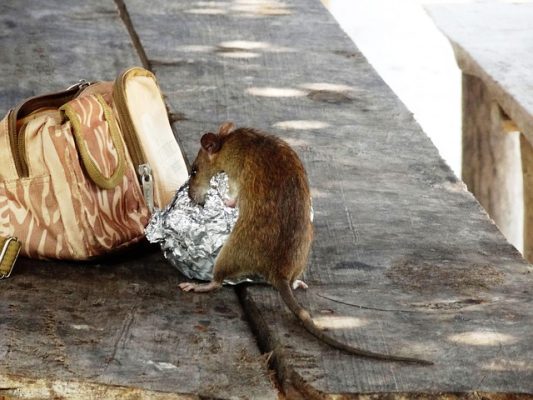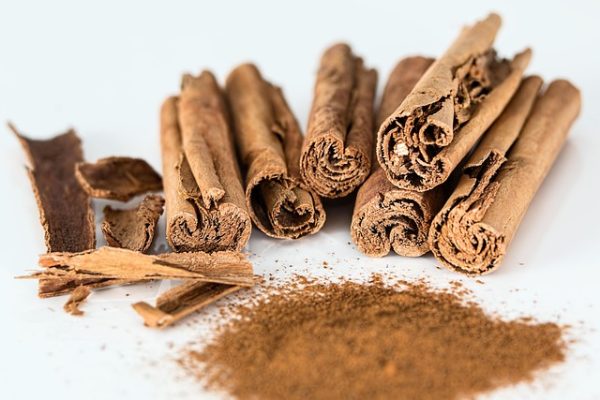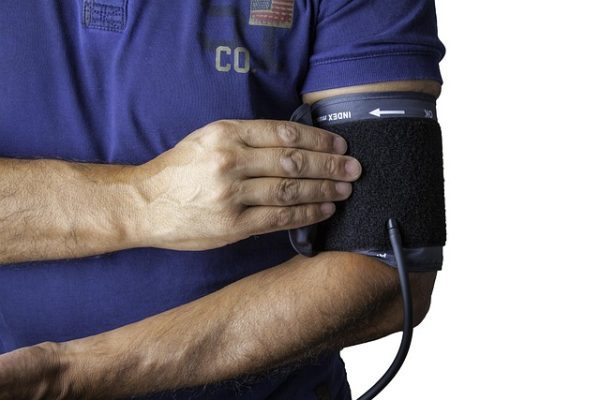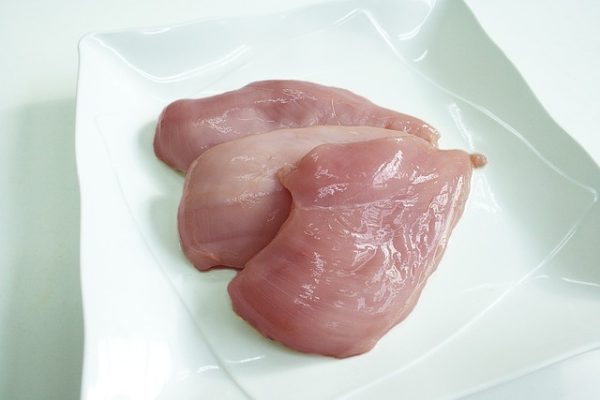Tesla Recalls Nearly 13,000 Vehicles Based on a Battery Pack Defect
 Recently, Tesla recalled certain 2025 Model 3 and 2026 Model Y cars that could lose the capacity to accelerate while driving, due to a battery pack defect that could cause sudden power loss. The United States National Highway Traffic Safety Administration (NHTSA) pointed out that this raises the risk of crashes in a notice it issued about the recall. If you were injured in a Tesla and believe that it was based on a battery pack defect, you should call the seasoned Chicago-based product liability attorneys of Moll Law Group. Billions have been recovered in product liability litigation with which we’ve been involved. We represent clients around the country.
Recently, Tesla recalled certain 2025 Model 3 and 2026 Model Y cars that could lose the capacity to accelerate while driving, due to a battery pack defect that could cause sudden power loss. The United States National Highway Traffic Safety Administration (NHTSA) pointed out that this raises the risk of crashes in a notice it issued about the recall. If you were injured in a Tesla and believe that it was based on a battery pack defect, you should call the seasoned Chicago-based product liability attorneys of Moll Law Group. Billions have been recovered in product liability litigation with which we’ve been involved. We represent clients around the country.
Call Moll Law Group About Your Tesla Claim
The recall covers 5,028 2025 Model 3 vehicles made between March 8-August 12, 2025, as well as 7,925 2026 Model Y vehicles that were built between March 15-August 15, 2025. The NHTSA has said that around 1% of the recalled vehicles are estimated to carry the defect.
The problem with the vehicle is that the battery pack contactor is made with an InTiCa solenoid that may suddenly open because of a bad coil termination connection. When the contactor opens while the vehicle is being driven, the driver won’t be able to apply torque to the vehicle using the accelerator pedal. This can cause a loss of propulsion, which in turn may increase the crash risk.
 Illinois Injury and Mass Tort Lawyer Blog
Illinois Injury and Mass Tort Lawyer Blog






 Cameras installed on school buses have captured Waymo vehicles illegally passing stopped buses even when their red lights are flashing and they are filled with children. This action can result in serious injuries to children, or even death. The National Highway Traffic Safety Administration (NHTSA) has been investigating the
Cameras installed on school buses have captured Waymo vehicles illegally passing stopped buses even when their red lights are flashing and they are filled with children. This action can result in serious injuries to children, or even death. The National Highway Traffic Safety Administration (NHTSA) has been investigating the  Recently, unsanitary conditions were discovered at a storage facility, causing the recall of hundreds of products that were distributed to 50 stores in North Dakota, Minnesota and Indiana. These conditions included contamination from rodent urine and feces and bird droppings in locations where many different kinds of products, including drugs, medical devices, food, pet products and cosmetics were stored. If you have bought any of the
Recently, unsanitary conditions were discovered at a storage facility, causing the recall of hundreds of products that were distributed to 50 stores in North Dakota, Minnesota and Indiana. These conditions included contamination from rodent urine and feces and bird droppings in locations where many different kinds of products, including drugs, medical devices, food, pet products and cosmetics were stored. If you have bought any of the  Recently, Outdoor Master children’s and youth helmets that violated the mandatory safety standard for bike helmets were
Recently, Outdoor Master children’s and youth helmets that violated the mandatory safety standard for bike helmets were  On November 26, 2025, the KingPavonini Adult Portable Bed Rails were
On November 26, 2025, the KingPavonini Adult Portable Bed Rails were  The United States Food and Drug Administration has expanded a ground cinnamon recall to
The United States Food and Drug Administration has expanded a ground cinnamon recall to  A string of lawsuits has been filed against Roblox alleging that the platform allows child grooming and exploitation. In November, it was reported that the company faced more than
A string of lawsuits has been filed against Roblox alleging that the platform allows child grooming and exploitation. In November, it was reported that the company faced more than  Thirty-nine infants have been hospitalized with botulism, which can be fatal, and officials have linked their illness with ByHeart Whole Nutrition Infant Formula. The infants range in age from 16 to 264 days. There have been no deaths so far. All ByHeart baby formula has been
Thirty-nine infants have been hospitalized with botulism, which can be fatal, and officials have linked their illness with ByHeart Whole Nutrition Infant Formula. The infants range in age from 16 to 264 days. There have been no deaths so far. All ByHeart baby formula has been  On October 7, Teva Pharmaceuticals
On October 7, Teva Pharmaceuticals  Hormel Foods
Hormel Foods